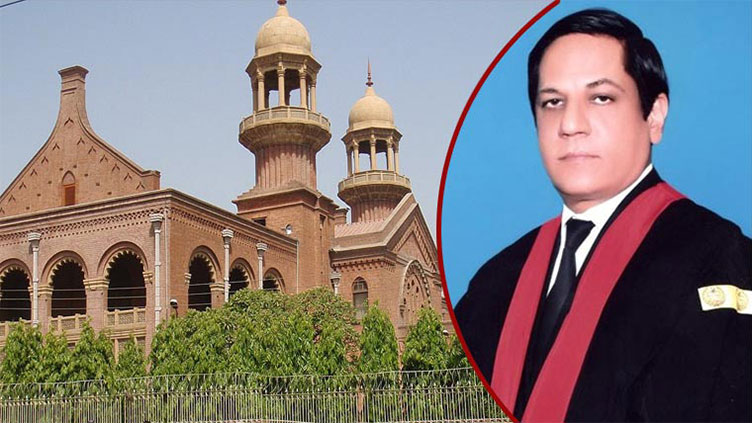Case cannot be decided without recording statements of mentally disabled victims: LHC

Pakistan
The court stated that in principle, disability should not be an obstacle to legal proceedings
LAHORE (Muhammad Ashfaq) – The Lahore High Court (LHC) while setting a legal point on Thursday ruled that a case cannot be decided without recording the statements of mentally disabled victims.
Justice Tariq Saleem Sheikh of the Lahore High Court issued a nine-page judgment on appeals of the accused sentenced to life imprisonment in the case of kidnapping and raping a 21-year-old, deaf, dumb and mentally disabled girl.
The court remanded the case to the trial court and directed that the statement of the victim be recorded.
Justice Tariq Saleem Sheikh wrote in the judgment that according to the prosecution, the case of rape of a deaf, dumb and mentally disabled girl was registered by the local police of Bahawalpur on April 23, 2022. In November 2022, the trial court sentenced the accused Muhammad Ramzan and Saeed Akhtar to life imprisonment for committing the crime. The accused then filed appeals against the trial court's decisions in the Lahore High Court.
The learned judge wrote in the verdict that there was no eyewitness to the incident other than the victim. According to the prosecution, the girl is deaf, dumb and mentally disabled. The investigating officer did not record the girl's statement due to her disability. During the trial, the prosecution has requested that the victim girl be tested for recording her statement.
It was stated in the decision that the trial court conducted a test on the victim girl and concluded that the girl was not capable to record her statement. The trial court failed to find alternative sources to record girl's statement.
The learned judge observed that the trial court gave verdict without consulting a psychologist or other expert. Reaching a conclusion without consulting an expert contains many flaws.
It was stated that the law does not state that a disabled person is incapable of describing his or her experiences. Courts should seek the services of experts to listen to such individuals and learn about their experiences.
Justice Tariq Saleem Sheikh in his verdict stated that there are also international laws for the rights of mentally and physically disabled people. In 1948, the International Human Rights Organization issued a declaration, stating that every individual has equal rights. Articles 7 and 8 of the Constitution also guarantee equal access to the law for all citizens.
The court ruling also cited the ruling of international courts, stating that the statements of disabled victims in criminal cases cannot be rejected due to their condition. In principle, disability should not be an obstacle to legal proceedings.
The court in the decision stated that we have reached the conclusion that the trial court should summon the victim again and make alternative arrangements to obtain her statement with the help of experts. If the victim's statement is obtained, the trial court should review the matter again in accordance with the law.
Later, the court annulled the life imprisonment sentences of accused Muhammad Ramzan and Saeed Akhtar and ordered the trial court to record the statement of the victim girl and deliver a verdict on the case.


